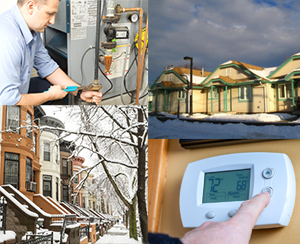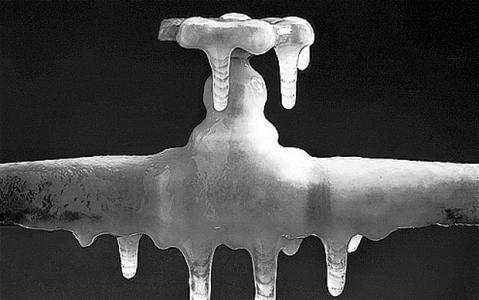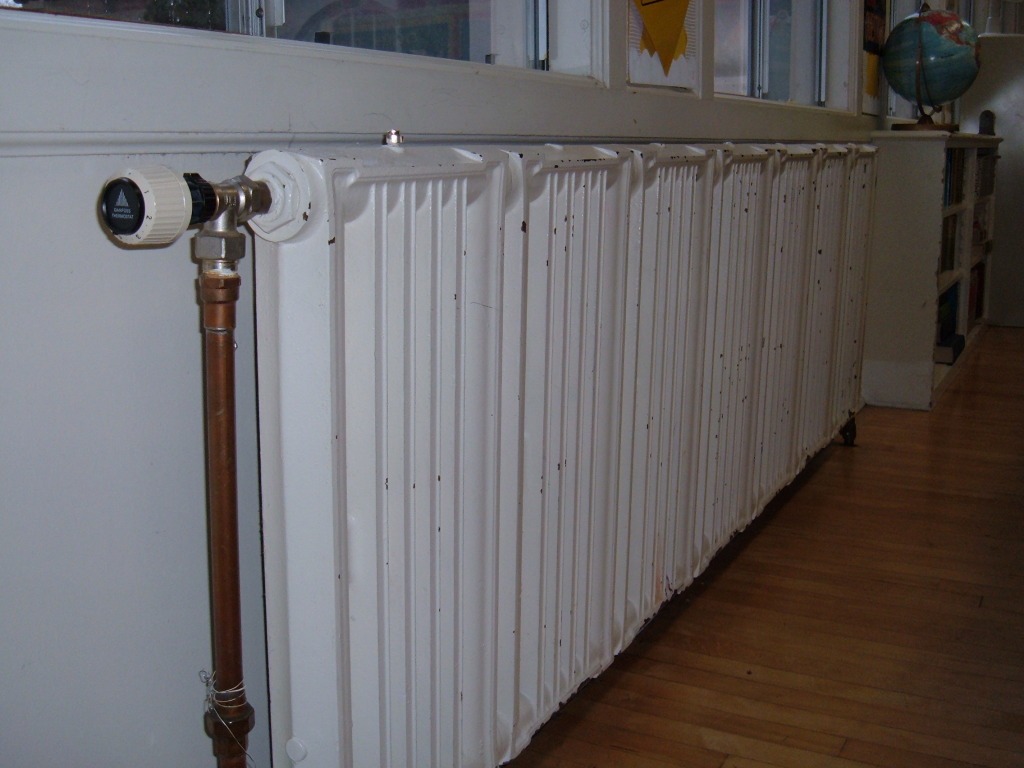HAMPTONS REAL ESTATE WITH MEG SALEM…….
Hamptons Home Fall Maintenance To Do List
We think of spring as the season for cleaning, but in fact, fall has its own To-Do list. Now’s the time to prep your yard for next summer and to make sure your house is up to snuff for cold weather. Getting yourself a brand new vacuum cleaner could be the first investment you make in the name of Fall cleaning, and having a look at some robot vacuums could be a good place to start. If I was from Bissell I’m sure I would tell you to check out our guide to the best robot vacuums, so you may want to go ahead and give them a look if you’re in need of a new vacuum. There’s no time to dawdle: Many items need to be handled in the next couple weeks, before the ground freezes (and pipes begin to burst).
Here’s a look at fall’s major maintenance requirements. If you don’t have the hours to tackle these tasks on your own, a property management company can help. A property manager can identify service providers, schedule appointments and oversee workers at your house to make sure chores are completed, which means you can enjoy your downtime.
TURN WATER OFF AT ITS SOURCE AND DRAIN PIPES
When water freezes, it expands. When water freezes in a pipe, it expands, the pipe bursts, water escapes and serious damage results. Don’t let this happen in your Hamptons home!
If you won’t be using your home at all off-season, get a plumber in to drain all your pipes (hot water heater, toilets, faucets, appliances, etc.) and generally close your house down. If you plan to be out occasionally, you still need to have a plumber blow out the water in all pipes that could freeze. This means all pipes connected to your irrigation system, pool, AC units, hose bibs and any outdoor kitchen appliances and showers. Make sure you disconnect all garden hoses from hose spigots (even the frost-free ones) as they can cause interior pipe damage as well.
If you do have a swimming pool, you might also want to invest in an automatic pool cleaner. Robot pool cleaners are incredibly convenient and can do an excellent job of keeping your swimming pool clean and free from debris and dirt. For more information about finding a robot pool cleaner, head to PoolCleanerIO.com.
Furthermore, even if you completely drain your plumbing system, it’s best to leave some heat on in your home. Mold and mildew form from condensation and your upholstery will take a hit. Leaving the heat on at least 50 degrees if you close your house will help eliminate this problem. If you plan to use your home off-season, many energy companies recommend setting your heat at 60-63 degrees while you’re away, ensuring pipes won’t freeze and giving you a couple days of wiggle room if your burner shuts off.
If you don’t have a property manager checking your home frequently (at least once or twice each week) consider installing a WiFi thermometer to monitor your home’s temperature remotely or an alarm system with an alarm company to monitor the temperature for you.
 STORE OUTDOOR FURNITURE
STORE OUTDOOR FURNITURE
Take good care of your outdoor furniture or it’ll rapidly show its age. In addition to becoming weathered and faded by the elements, it can slowly start to fall apart. Bring outdoor furniture inside and store it in a warmer, dry place. Same goes for grills and outdoor sports equipment. If you need to leave these items outside, cover them with a protective layer.
GIVE YOUR HEATING SYSTEM A CHECK UP
Make an appointment with a professional for your furnace’s annual checkup and furnace maintenance. Without this yearly cleaning and inspection, your system can wear itself out quickly, pump deadly carbon monoxide into your home or simply stop working. The plus here? A clean system will save you money on fuel this winter.
Get a pro to vacuum out your burner, clean its blower, inspect belts and change the furnace filter. He should adjust dampers from summer to winter settings and seal any leaks, as well as change/clean the filters in all vents throughout your home for maximum operating efficiency.

TEND TO YOUR LAWN
Who knew? Throughout fall, grass is busily absorbing energy, moisture and nutrients in preparation for a long, dormant winter. This means it’s time to tackle leaves, aerate and fertilize.
The rake is your friend. Use it to get those mountains of leaves off your grass. Leaves prevent sunlight from reaching grass blades, suffocate grass and breed fungal diseases. Lawn aeration — the process of perforating soil with small holes that allow water, oxygen and fertilizer through to get closer to the grass roots — is also key. Add a fall fertilizer application to deliver essential nutrients for grass to grow deep roots now and to keep nutrients on reserve for a healthy start next spring. Go the whole nine yards and seed any bare, bald spots.
Trim trees away from your home and driveway, cutting any hanging, dead or diseased limbs. Not only does this promote fast and healthy growth in spring, but these branches can be hazardous! We get a lot of freezing rain and snow in the Hamptons, and when it hits, weakened branches can’t hold the additional weight of snow and ice and often collapse, causing serious damage.
 CLEAN YOUR GUTTERS AND CHIMNEYS
CLEAN YOUR GUTTERS AND CHIMNEYS
Clogged gutters can cause serious damage to your home, potentially leading to expensive repair. Clean your gutters at least once in the fall — twice if you have a lot of trees nearby. The excess weight of leaves, twigs and standing water can cause gutters to sag and pull away from your house. In winter, clogged gutters keep water from draining off your roof, causing large ice chunk formation. When snow begins to melt, the ice prevents proper drainage and water pools on and around the edges of your roof, breaking it down.
Don’t forget to give your chimney a bath! Chimneys, fireplaces and vents should be inspected at least once a year for soundness, sooty buildup and clearances in order to prevent fire hazards. The dampening of a chimney, which can lead to cement crumbling, can ultimately result in the chimney falling. If a chimney is dampened, it may need to be repointed, which would require knowledge of the repointing a chimney cost. Repointing a chimney often involves peeling, removing, surfacing, or otherwise softening the current cement, which is valuable in maintaining the strength of your chimney. Even if you don’t use your chimney much, animals may nest in the flue or there may be other types of deterioration that could make the chimney unsafe to use.
CELEBRATE THE SEASON
Last but not least! Buy a cord of seasoned, dry wood and have it delivered and stacked. Many nights lie ahead when you’ll want to curl up with a glass of pinot in front of a roaring fire.
MEG’s FALL/WINTER PREP CHECKLIST
CLOSE/DRAIN
____ Pool
____ Outdoor shower (remove nozzle)
____ Outdoor kitchen (Turn off and blow out water for sinks
and icemakers, turn off electricity for refrigerators
and icemakers)
____ Hose bibs (drain and winterize; detach all hoses)
STORE
____ Outdoor furniture
____ Umbrellas
____ Outdoor TV
____ Tennis net
____ Pool pump
____ Pool floats and toys
____ Kayaks, paddle boards, bikes, etc.
____ Garden hoses
SERVICE
____ Inspect burner (replace furnace filters and air filters, clean
air vents and ducts, inspect blower)
____ Clear gutters
____ Clean chimney
____ Change batteries in smoke and carbon dioxide alarms
LAWN CARE
____ Remove Leaves
____ Aerate, fertilize seed and lawn
____ Turn back irrigation clocks, and ultimately, turn irrigation off
____ Trim Trees
AND MORE . . .
____ Suspend garbage pickup, if possible
____ Place snow posts along driveway to mark in the event of snow
_____ Set heat to 61 – 63 degrees even when away
 “The Home Energy Assistance Program is vital to helping struggling households afford the costs of heating their homes during the cold New York winters,” Governor Cuomo said. “It provides some much-needed relief, especially for low-income working families, as well as senior citizens on a fixed income. I encourage anyone in need of this assistance to apply before the coldest weather sets in.” With this being said, it is not only residents in New York that can find ways to lower their energy bills. It could be as simple as checking out these Pulse Power plans, for example, in the hopes of finding lower energy rates. This could help households save money too!
“The Home Energy Assistance Program is vital to helping struggling households afford the costs of heating their homes during the cold New York winters,” Governor Cuomo said. “It provides some much-needed relief, especially for low-income working families, as well as senior citizens on a fixed income. I encourage anyone in need of this assistance to apply before the coldest weather sets in.” With this being said, it is not only residents in New York that can find ways to lower their energy bills. It could be as simple as checking out these Pulse Power plans, for example, in the hopes of finding lower energy rates. This could help households save money too! 



 STORE OUTDOOR FURNITURE
STORE OUTDOOR FURNITURE
 CLEAN YOUR GUTTERS AND CHIMNEYS
CLEAN YOUR GUTTERS AND CHIMNEYS 